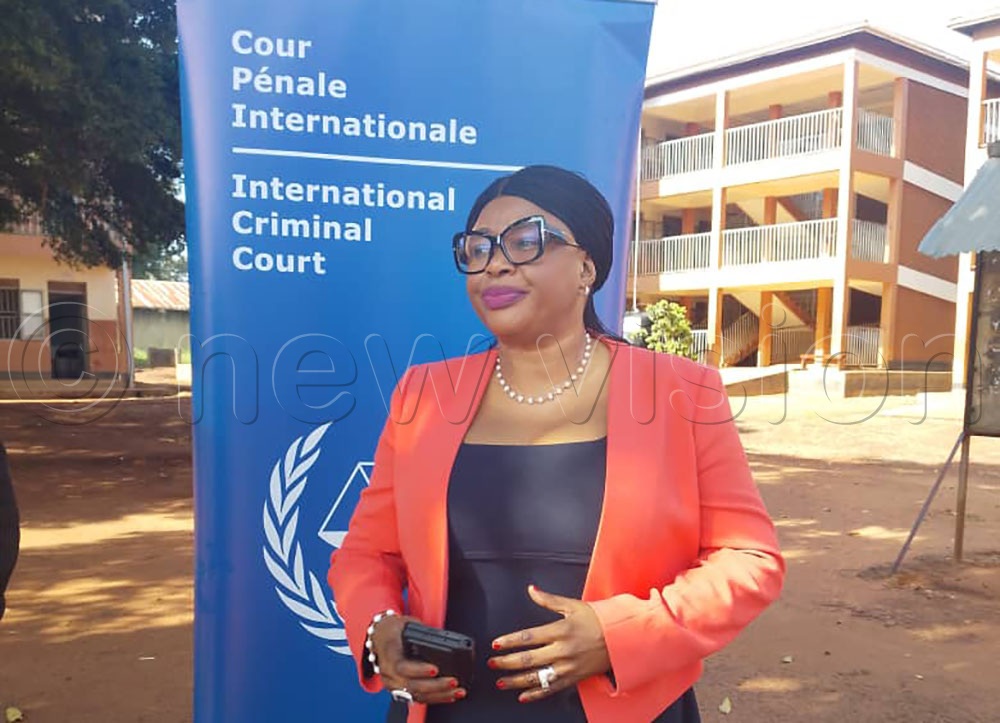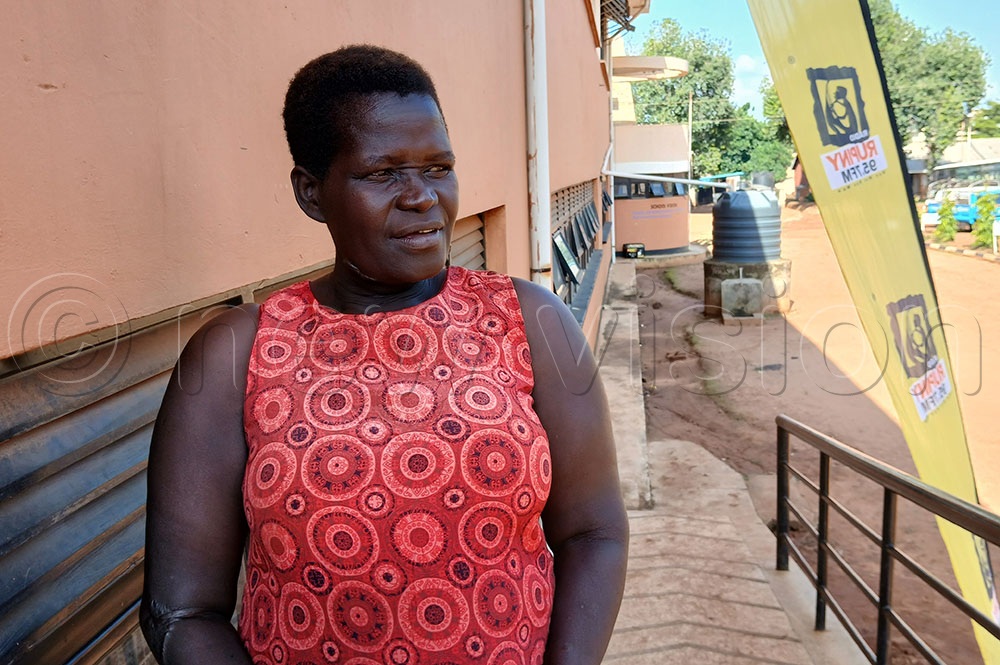No portrait, no presence as Joseph Kony's 'empty chair' at ICC hearing discomforts victims in Gulu
The ICC began the confirmation of charges hearing against fugitive warlord Joseph Kony on Tuesday, bringing a mixture of hopes and discomfort to victims of the war back in Northern Uganda.
In a powerful act of community engagement, dozens of former abductees, victims, and their families gathered at Gulu Secondary School to watch the proceedings on a live stream organised by the ICC. (Credit: Claude Omona)
GULU - Victims of the atrocities of rebel Lord’s Resistance Army in Gulu district on Tuesday, September 9, 2025, greeted the sight of an empty seat meant for fugitive Joseph Kony, with discomfort and disbelief as confirmation of charges hearing against him got underway at the International Criminal Court (ICC).
Expectations were high that the seat in the dock normally arranged for the suspect or the accused would carry a symbolic portrait of LRA leader Joseph Kony as the hearing got underway in absentia.
This is in sharp contrast to what happened during the confirmation of charges hearing and subsequent trial of Joseph Kony’s subordinate commander, Dominic Ongwen, the former commander of Sinia Brigade, who was earlier tried in the same court.
The ICC began the confirmation of charges hearing against fugitive warlord Joseph Kony on Tuesday, bringing a mixture of hopes and discomfort to victims of the war back in Northern Uganda.
In a powerful act of community engagement, dozens of former abductees, victims, and their families gathered at Gulu Secondary School to watch the proceedings on a live stream organised by the ICC. This public screening allowed those most impacted to witness the formal start of a justice process many have waited years to see.

Expectations were high that the seat in the dock normally arranged for the suspect or the accused would carry a symbolic portrait of LRA leader Joseph Kony (Pictured) as the hearing got underway in absentia. (New Vision/Files)
A crucial first step, not a trial
As the hearing began, ICC Outreach Officer for Uganda and Kenya, Maria Mabiti Kamara, clarified a key distinction for the audience. She explained that this is not a trial but a preliminary stage to determine if there is enough evidence to warrant one.
"The prosecution must present sufficient evidence to establish substantial grounds to believe that the person committed each of the crimes charged," she said, emphasising that a final verdict on Kony’s guilt is not the goal of this hearing.

As the hearing began, ICC Outreach Officer for Uganda and Kenya, Maria Mabiti Kamara, clarified a key distinction for the audience. (Credit: Claude Omona)
Hope and heartbreak from the victims
For many, the proceedings were an emotional experience. The charges against Kony—39 counts of war crimes and crimes against humanity, including murder and sexual violence—were a formal acknowledgement of the horrors they endured.
"The pain is still fresh, but seeing this gives us hope," said Florence Akello, a former child soldier who still lives with bullet splinters lodged in her body.
"It reminds us that the world has not forgotten what he did to us. This is a step toward healing. And we believe that justice is now within arm’s reach," Akello stated.
However, the reality of Kony’s absence from the courtroom cast a shadow of doubt over the event. The "empty chair" in The Hague was a painful reminder that the man responsible for their suffering remains at large.
"Watching the screen without seeing Kony's face is not satisfying at all," remarked Grace Lamunu, a market vendor who lost family members in an LRA attack. "What we are watching is no different from watching a movie because, inside the courtroom, there are no people we know or can relate to our suffering."

Florence Akello, a former child soldier. (Credit: Claude Omona)
Justice and its limitations
For decades, victims have sought accountability for the immense brutality inflicted by the LRA. The ICC was seen as the only avenue to hold Kony and his top commanders responsible. While the hearing is a crucial step towards this goal, it also highlights the limitations of international justice. True justice, many feel, cannot be achieved until Kony is in custody.
Despite this, legal experts consider the hearing a vital precedent. It marks the first time the ICC has pursued a case in absentia, a move that could be a blueprint for other high-profile suspects who evade justice.
For the communities of northern Uganda, the proceedings are a public testament to their resilience and a formal acknowledgement of the suffering they have long carried.